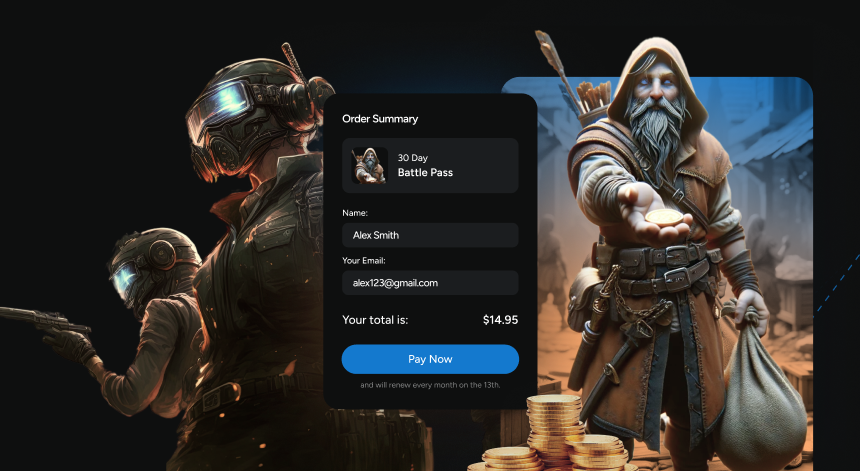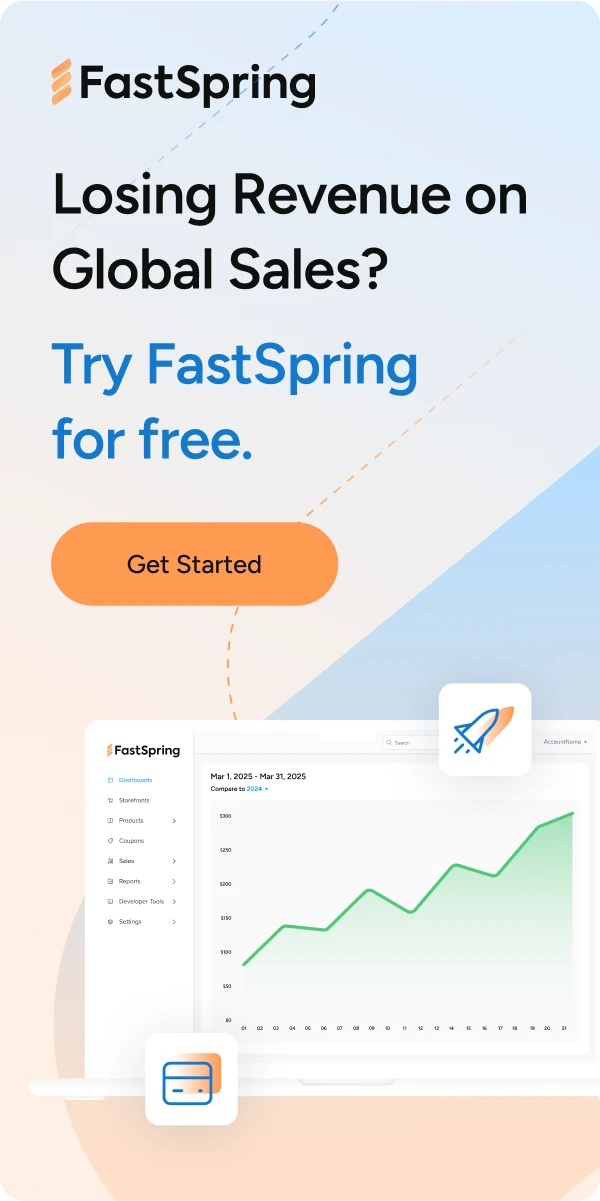Hot on the heels of the latest ruling from U.S. judges allowing steering users from in app to a web store on iOS, judges in the U.S. Ninth Circuit Court of Appeals said they will not overturn the unanimous jury verdict from 2023 that said Google’s app store and payments system are illegal monopolies.
The ruling is poised to transform the Android app marketplace by apparently loosening Google’s control over how developers distribute apps and accept payments.
As reported by The Verge, the Ninth Circuit Court of Appeals not only confirmed the lower court’s decision, but also lifted the stay on the injunction that requires Google to:
- Allow third-party app stores within the Google Play Store itself.
- Permit developers to use payment processing methods other than Google Play Billing.
- Open access for rival app stores to host and distribute existing Play Store apps.
You can read the full ruling here.
Epic Games followed up with its plans to launch its own Epic Games Store on Android.
Google’s Response to the Appeal Decision
In a follow-up piece by The Verge, it’s reported that Google has only 14 days to implement the relevant changes that would bring them into compliance with the decision. The changes include Google no longer being able to require app developers to use Google Play Billing, among others.
In response, Google has filed for an emergency stay to pause the 14-day deadline on the changes. The entire emergency stay request from Google can be found in The Verge’s follow-up piece.
The Broader Impact on the App Economy
This ruling mirrors a similar high-profile case involving Apple earlier this year. FastSpring previously covered how Apple’s defeat in court forced the tech giant to permit “steering,” allowing developers to guide users toward alternative payment options outside the App Store.
Both rulings signify a clear trend: Major app platforms are being forced to loosen restrictions, empowering developers with more freedom and control over their revenue streams and customer relationships. As a result, mobile game developers, SaaS providers, and other digital businesses can now:
- Reduce costs associated with platform fees.
- Establish direct relationships with their customers.
- Gain flexibility in how they manage transactions and user experience.
Strategic Opportunities for Developers
Many developers may choose to act quickly to capitalize on these changes. The rulings enable developers to explore alternative solutions such as direct-to-consumer (D2C) storefronts, which can increase margins, enhance user loyalty, and drive growth in new markets. The era of strict platform gatekeeping is fading, replaced by a more open ecosystem where developers have greater autonomy and opportunities for differentiation.
How FastSpring Can Help
FastSpring is uniquely positioned to support both game and mobile app developers as they take their next steps in D2C monetization. Whether it’s getting a web store off the ground or offering web subscriptions, FastSpring lets developers set up secure and seamless checkouts, manage global payments, take on complex tax compliance, and offer localized payment methods and currencies to users worldwide.
Interested? Learn more at fastspring.gg.
![[Customer Story] Why TestDome Considers FastSpring a Real Partner](https://fastspring.com/wp-content/themes/fastspring-bamboo/images/promotional/2023/FastSpring-TestDome-blog-thumbnail.jpg)








